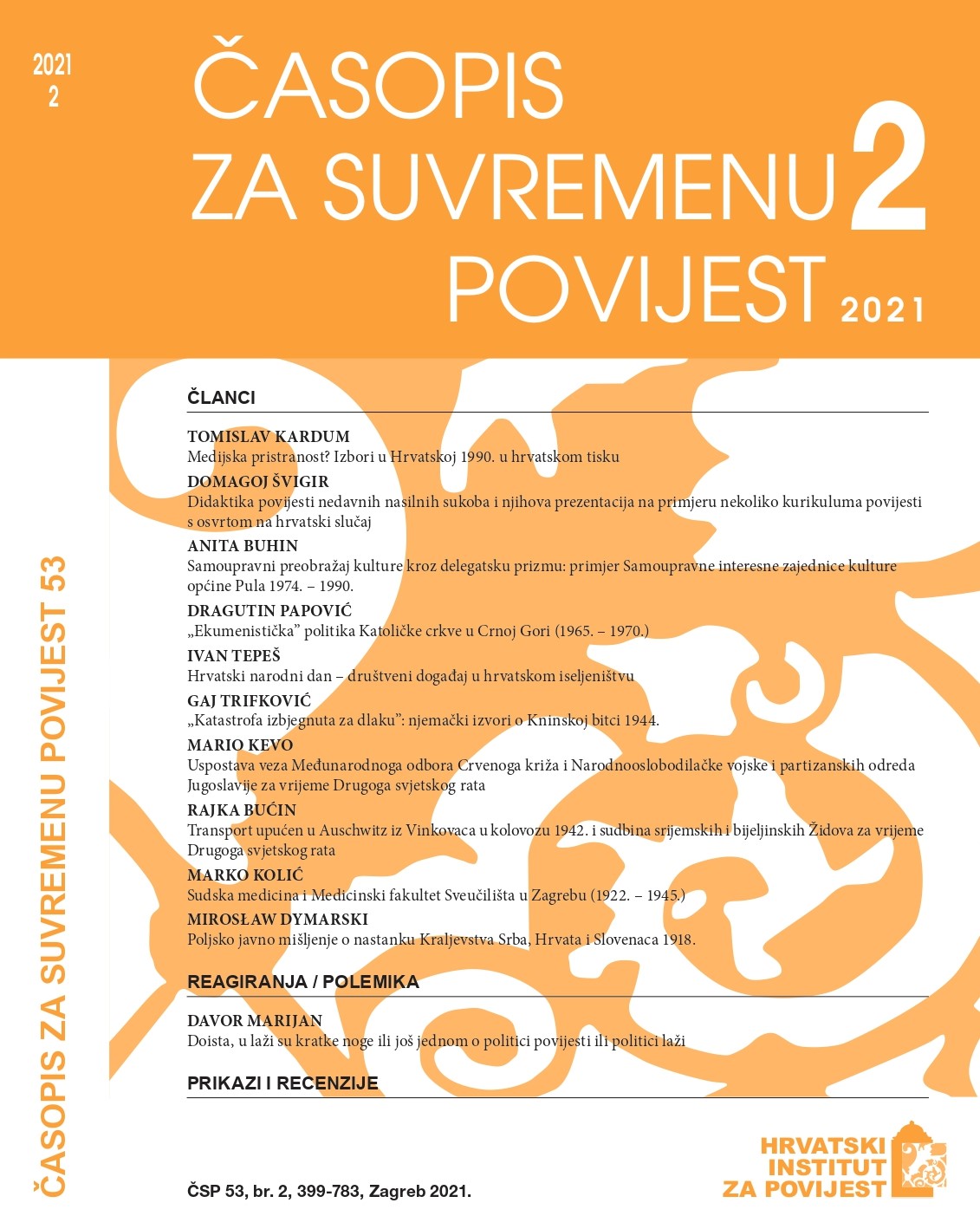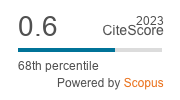Self-Managing Transformation of Culture through the Prism of Delegates: The Example of the Pula Self-Managing Community of Interest 1974–1990
DOI:
https://doi.org/10.22586/csp.v53i2.13950Keywords:
cultural policy; socialism, self-management; Pula; self-managing community of interestAbstract
Self-managing transformation of culture as a concept gained importance after numerous political and social changes in the Socialist Federal Republic of Yugoslavia (SFRY), such as the adoption of a new Constitution in 1974 and the introduction of the Associated Labour Law in 1976. The term itself covers everything from party politics and workers’ (amateur) cultural practices, through free exchange of labour, to issues such as the humanisation of labour, interpersonal relations, and culture as a way of life. The proclaimed further democratisation of culture was to be achieved through the establishment of free exchange of labour between cultural workers (service providers) and workers in joint labour organisations (organizacije udruženog rada, OURs) and citizens in the local communities (mjesne zajednice, MZs), which was supposed to take place in the OURs and self-managing communities of interest (samoupravne interesne zajednice, SIZs). Through the establishment of bicameral delegate councils (one chamber comprising the ‘users’, i.e. the delegates of material production OURs and local communities, and the other ‘providers’, i.e. the delegates of culture OURs, amateur cultural-artistic associations, and independent artists), the cultural SIZs on the municipal level had to secure the conditions for satisfying the special and general cultural needs of all inhabitants of the municipality. This paper analyses the success of cultural reform on the micro level on the example of the Pula municipality, with special focus on the functioning of the delegate system.
Downloads
Published
How to Cite
Issue
Section
License
Copyright (c) 2021 authors and journal

This work is licensed under a Creative Commons Attribution-NonCommercial 4.0 International License.
Copyright holders are the publisher Croatian Institute of History and the authors. Journal of Contemporary History is an Open Access journal. Users are allowed to read, download, copy, redistribute, print, search and link to material, and alter, transform, or build upon the material, or use them for any other lawful purpose as long as they attribute the source in an appropriate manner according to the Creative Commons licence CC BY-NC. The papers published in Journal of Contemporary History can be deposited and self-archived in the institutional and thematic repositories providing the link to the journal's web pages and HRČAK. Journal does not charge article processing charges (APC). The editors assume no responsibility for statements of fact or opinion made by contributors.




